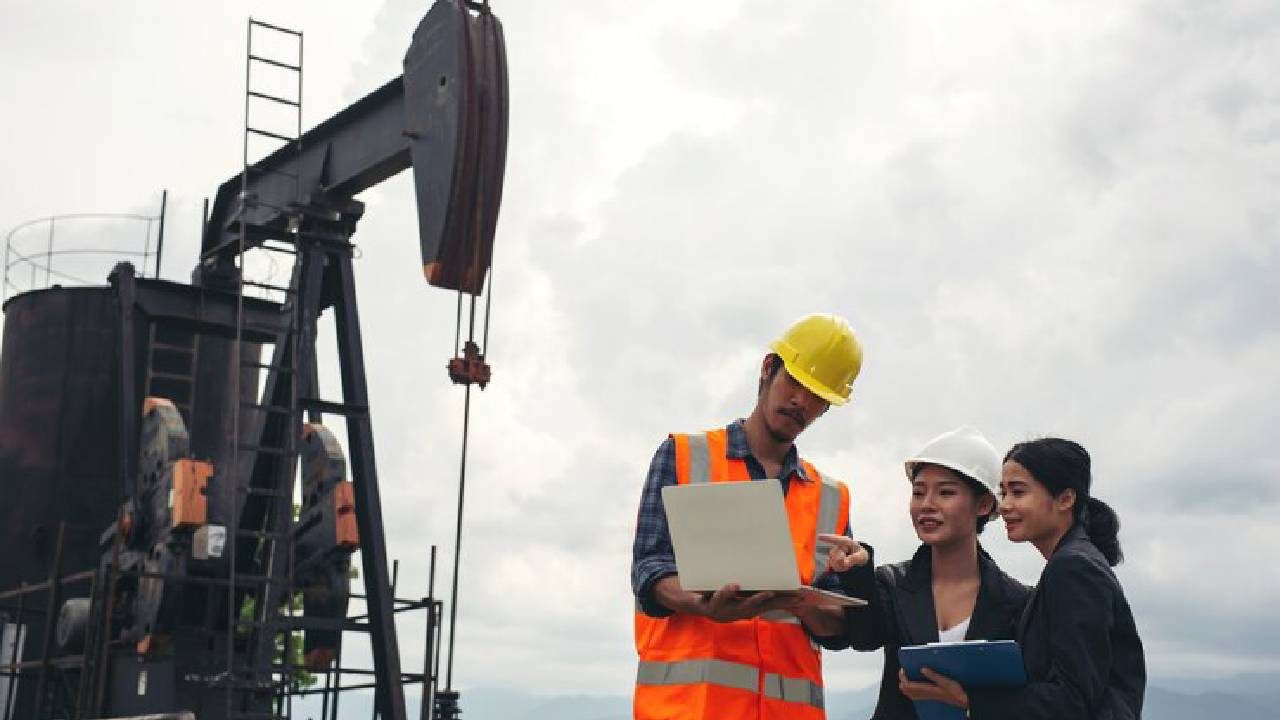
Offshore engineering is a specialized field that deals with the design, construction, and maintenance of structures and facilities in marine environments. This includes oil and gas platforms, wind farms, and underwater pipelines. Offshore engineers work in some of the most challenging environments on earth, requiring a unique blend of technical knowledge, innovation, and resilience.
Our Offshore Engineering program provides comprehensive training in the principles and practices essential for success in this field. The curriculum is designed to equip students with the necessary skills to tackle the unique challenges of offshore environments.
Key Components of the Program:
Marine Geology and Hydrodynamics:
Design and Construction of Offshore Structures:
Structural Integrity and Maintenance:
Offshore Drilling and Production:
Renewable Energy Systems:
Environmental Impact and Sustainability:
Safety and Risk Management:
Project Planning and Management:
Discover limitless possibilities. Join our vibrant community today for a journey of knowledge, growth, and success.
©2025 | Kingjims Institute | All rights reserved.